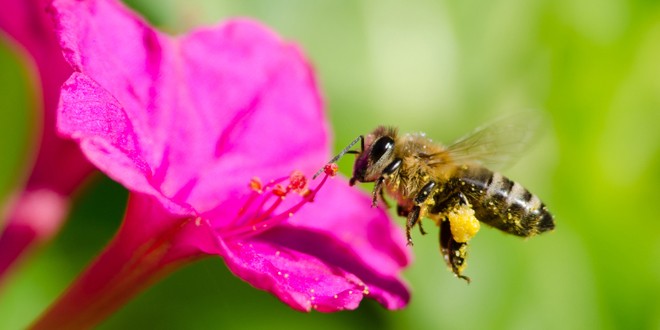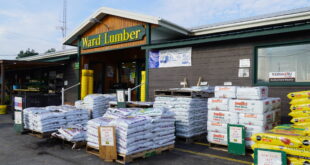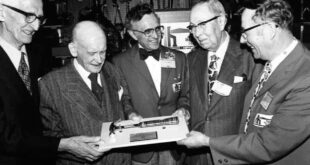Last week, Lowe’s announced it would be actively phasing out and eliminating neonicotinoid pesticides, which are considered a leading contributor to global bee declines, from its stores.
Neonicotinoid pesticides, also known as neonic pesticides, are sold to boost yields of staple crops but are also commonly used on annual and perennial plants used in lawns and gardens, according to an article by Reuters.
With an increase in bee deaths comes even more issue in relation to agriculture, because honeybees pollinate plants that produce about one-fourth of the food consumed by Americans. Lowe’s says it will phase out neonics in shelf products and plants by the spring of 2019 as more alternatives become available, the Reuters article says.
This comes after the company faced protests and petitions at stores across the U.S. and Canada last Halloween, asking it to not be a “little shop of horrors” for bees. The organization Friends of the Earth created the campaign to encourage Lowe’s to eliminate products and plants treated with neonicotinoid pesticides, according to an article by CNBC.
 Hardware Retailing The Industry's Source for Insights and Information
Hardware Retailing The Industry's Source for Insights and Information








